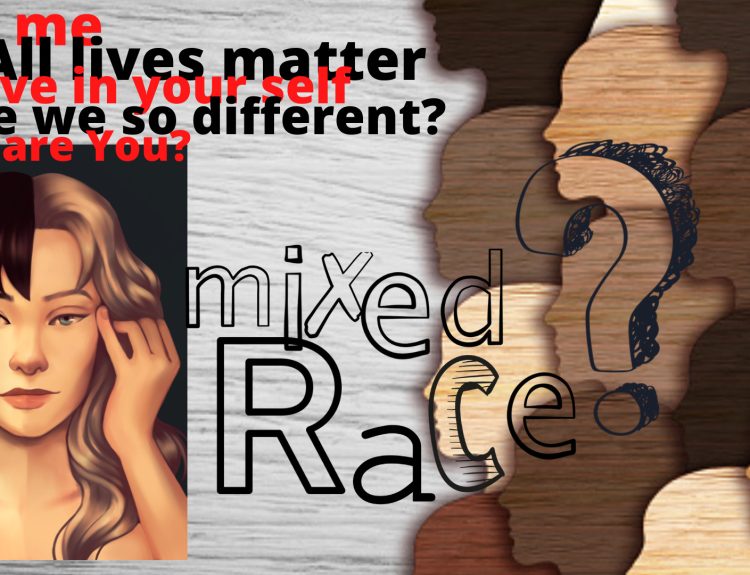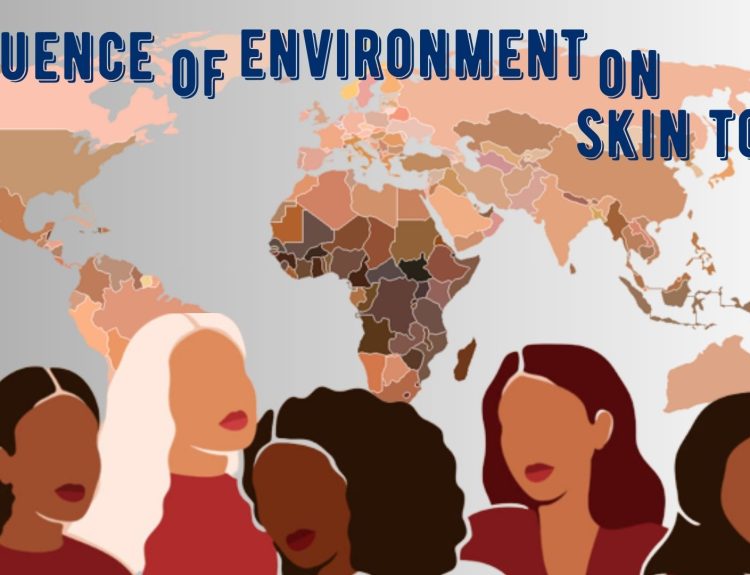Polymorphism, a fundamental concept in anthropology, reflects the diverse genetic variations within a population. In this exploration, we unravel the intricacies of genetic polymorphism, examining its implications for genetic diversity, evolution, and its crucial role in anthropological studies.
What is Genetic Polymorphism?
The term “polymorphism” originates from the Greek words “poly” (meaning multiple) and “morph” (meaning form). Genetic Polymorphism refers to the presence of multiple genetic variants, or alleles, at a particular gene locus within a population. This implies that within a population, there can exist diverse gene variations, each characterized by a distinct DNA sequence. These variations contribute to the unique genetic makeup of individuals and populations.
Typically, polymorphisms do not lead to chronic diseases, and many are located in intergenic regions, remaining entirely neutral. While some polymorphisms may exist within genes, their impact is often limited to non-medical traits such as height or hair colour, rather than causing diseases. However, certain polymorphisms can contribute to disease susceptibility and influence drug responses. Sometimes, a mutation in one population can evolve into a polymorphism in another population if it confers an advantage and increases frequency.
A compelling example of this is sickle-cell disease, where the advantage of a particular allele is evident in certain populations. Sickle cell anaemia results from a mutation in the beta-globin gene, causing a severe blood disorder in the Caucasian population. Yet, in specific regions of Africa, the same mutant allele becomes polymorphic due to its resistance to the blood-borne parasite responsible for malaria.

Types of Polymorphism
Single Nucleotide Polymorphism (SNP): Identified as a more widespread and significant type of genetic variation when the minor allele frequency exceeds 1%, single nucleotide variations involve a modification of a single nucleotide in the DNA sequence. They are commonly utilized in genetic research due to their prevalence.
Insertion-Deletion Polymorphism (Indel): This genetic variation entails the insertion or deletion of nucleotides within the DNA sequence, potentially resulting in variations in gene function.
Copy Number Variation (CNV): Genetic alterations in which sections of the genome undergo duplications or deletions, resulting in an abnormal number of copies of certain DNA segments. Research indicates that Copy Number Variations (CNVs) are three times more prevalent than Single Nucleotide Polymorphisms (SNPs).
Genetic Implications and Evolutionary Relevance
Diversity in Genes: Polymorphism contributes significantly to the diversity of genes within a population. The presence of multiple alleles at a gene locus enhances adaptability, allowing populations to respond to environmental changes.
Disease Susceptibility: Certain polymorphisms are associated with an increased or decreased susceptibility to diseases. Understanding these variations aids in studying the genetic factors influencing health outcomes in different populations.
Natural Selection: Polymorphism plays a crucial role in the process of natural selection. Genetic variations provide the raw material for evolutionary changes, allowing species to adapt to their environments over time.
Balancing Selection: Some polymorphisms are maintained in a population over generations due to balancing selection. This occurs when different alleles confer advantages in specific environments or under certain conditions.
Anthropological Studies
The applications of genetic polymorphisms in the field of anthropology are multifaceted and contribute significantly to our understanding of human populations. Beyond a comprehensive listing, some of the key and impactful applications include:
- Polymorphism is a central focus in population genetics studies. Genetic polymorphisms enable anthropologists to trace the historical trajectories of populations, providing insights into migration patterns, demographic shifts, and relationships between different groups. By analyzing genetic variations, researchers can discern the ancestral ties and historical movements of diverse human populations.
- The study of polymorphisms allows for the reconstruction of mutational patterns within populations, aiding in the dating of genetic events. This temporal dimension is essential for understanding the timing and dynamics of genetic changes, offering valuable insights into the evolution of populations over time.
- Genetic polymorphisms serve as valuable markers for identifying and mapping genes associated with diseases. This application is particularly significant in understanding the genetic basis of various health conditions within different populations. It aids in the identification of genetic factors that may contribute to disease susceptibility or resistance. By examining the genetic variations associated with specific diseases, anthropologists can unravel the evolutionary dynamics of diseases and their genetic determinants, providing insights into how diseases have interacted with human populations over time.
- In forensic anthropology, the analysis of polymorphic DNA markers aids in individual identification and determining familial relationships. This has significant implications in solving crimes and identifying human remains.
Conclusion
Polymorphism stands as a cornerstone in anthropological research, offering insights into the genetic diversity, evolution, and adaptability of human populations. Understanding the various types of polymorphism and their implications is crucial for unravelling the intricate tapestry of human genetics and its role in shaping our species over time.
References
SINGLE NUCLEOTIDE POLYMORPHISMS (SNPS)







